A critical look into the lightening effects of hydrogen peroxide in a permanent way and fast enough. The side effects that are associated with hydrogen peroxide have also been look into in a detailed manner, so does hydrogen peroxide lighten skin?
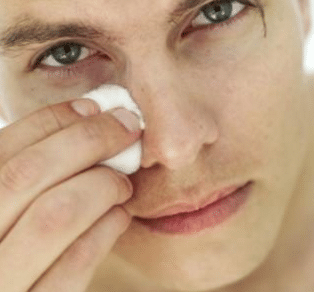
does hydrogen peroxide clear dark marks on skin
Does Hydrogen Peroxide Lighten Skin
One of the many properties that are associated with hydrogen peroxide is its ability to get rid of stains from clothing and even the skin. Some of the most common uses of the hydrogen peroxide is lightening of dark hair, eliminating a lemon stain from clothing or getting rid of dark pigmentation on the skin.
What most people understand on hydrogen peroxide is the fact that it can only be used in the treatment and cleansing of wounds. Also, it is also used to maintaining of teeth and oral health, thorough cleaning of food products, and treatment of minor cuts, wounds and even burns. But, what most individuals don’t understand is fact that hydrogen peroxide can also be used as sterilizer for skin lightening.
There is an important advisory when it comes to using hydrogen peroxide, use with a lot of precautions as the chemical can prove otherwise especially in dealing with lighter skin.
Few potent and very effective whitening creams makes use of the abilities of hydrogen peroxide. The chemical contains a high oxygen content that can kill bacteria, remove it from the pores and be able to lighten skin overall.
Bacteria in the skin is not good, some opportunistic bacteria can go deep into the pores and multiply in their number. When this takes place primary and secondary barriers act to get rid of such thriving bacteria. These causes the coming out of white blood cells creating pus cells in the epidermal layer of the skin. These results to a new pimple.
When bacteria are destroyed by the body’s defense system, pimples usually fade away. But the affected skin cells die away and creating hyperpigmentation and scars. These are hard to get rid of and it takes the skin a very long time to heal itself. Does hydrogen peroxide lighten skin? With hydrogen peroxide bacteria are destroyed a time before it damages any skin cell on the body.
Precautionary measures need to be observed before and while using hydrogen peroxide. Does hydrogen peroxide lighten skin? First and importantly, assess the skin any hypersensitivity. If a small scratch can causes rashes or outbreaks, then chances are you have hypersensitive skin. If you do have such a sensitive skin, reduce the application of hydrogen peroxide and use neutralizing chemicals that lessens the effects of hydrogen peroxide.
Does hydrogen peroxide lighten skin? For beginners, here is a fast hydrogen peroxide formula for skin lightening. This formula makes an important mask to get a lighter, fairer skin complexion. The ingredients are as indicated: 1 spoonful of milk, 2 spoons of hydrogen peroxide, 2 and a half spoons of flour, and a few drops of water to make thick paste.
Does Hydrogen peroxide Bleach Skin Permanently
Although hydrogen peroxide is also known as a potent antiseptic but it is widely used as a skin lightener. Hydrogen peroxide can be found in different names like creams, lotions, fade creams and even whiteners. Simply read the label of the favorite lightening cream and you can observe that hydrogen peroxide as one of its ingredients.
Does hydrogen peroxide lighten skin? Hydrogen peroxide gets rid of skin discoloration, age spots, blemishes, and even scars. Most of the bleaching formulas include hydrogen peroxide in its mixture as one of the ingredients. While other types of bleach choose to use natural ingredients, fast acting bleach choose the use of hydrogen peroxide.
How to use Hydrogen Peroxide for Skin Whitening
The instruction for use of hydrogen peroxide is as below;
- Before application to the skin with hydrogen peroxide, you should understand that a lot of people can seriously suffer allergic reactions or burns having used hydrogen peroxide, particularly in the area of the face and the arms. Therefore it is recommended by the dermatologists to avoid using this method of skin lightening on the face or at least run a test before doing so by dropping some drops behind the ears to clarify how the skin reacts. Remember that the skin of the face is very sensitive compared to the rest of the body
- To expose the skin to hydrogen peroxide you will need a solution that has concentration of 6%. The hydrogen peroxide found in pharmacies that are used to disinfect the wounds will not be able to work as it has a very minimal concentration of hydrogen peroxide. Also, a solution of over concentration 6% could cause abrasive reactions on the skin, worsening the problem. For this, make sure that you have a solution of exactly 6%.
- The initial thing we must do is by washing well the part of the skin that you want to whiten. Use a little soap, rinse and then dry with a clean piece of cloth.
- When the part is clean, you can exfoliate the skin using various exfoliants that you want to whiten with the hydrogen peroxide. Apply a small amount of exfoliant and massage the area gently doing circulars movements. Then, rinse using warm water and dry with a clean towel
- To star whitening the skin you should dampen some piece of cotton wool with the hydrogen peroxide solution. Apply the wet cotton in the part of the skin you want to whiten, tap several times to make sure that the part becomes humid. Leave the hydrogen peroxide to stay at the part for about 20 minutes.
- Get rid of the hydrogen peroxide using warm water and pat the area dry using a clean towel. Repeat the procedure if necessary. If during the procedure you notice some reddening of the skin, this is normal. But, you should be careful to any other type of skin reactions and or irritations. If irritations, stinging or burning erupts discontinue the use and go to the doctor
- The procedure is not complex and the ingredients are generally available in a homemaker’s kitchen. Simply mix the ingredients as indicated and gradually add some water to make a suitable thick paste. Apply generously and gently to the face and leave for about 5 minutes. Ten to 15 minutes is enough though to let the mixture penetrate deeply into the pores thus killing the bacteria. Also, the mixture is also a perfect exfoliant.
- Wash the face after the procedure and pat dry with a clean soft towel. Results can be observed in as little as a few weeks. Also, the skin will generally whiten a shade or two. You can also use direct application of hydrogen peroxide and lemon. Simply saturate a small cotton ball with hydrogen peroxide and lemon mixture and directly apply to the face. The combination produces a potent antioxidant and skin lightening that can be seen in as little as a few months.
- Hydrogen peroxide is known to be a potent cleansing chemical. But, it can be very irritating especially to the hypersensitive skin. It pays to critically assess first to what kind of skin an individual may have. Then you can give it a try hydrogen peroxide paste or try a homemade hydrogen peroxide with lemon mixture for quicker results. Lighter skin can be achieved with constant use. But, over application of the peroxide can cause irritation. Simply reduce the use according to the type of skin that a person have. Remember also that lighter skin can be more sensitive and reactive to the use of hydrogen peroxide. So if you observe results, simply reduce the use as it may in the long last irritate your skin. Now, does hydrogen peroxide lighten skin? Yes it can.
- When you get the hair bleached in a salon, chances are high that the colorist is using a hydrogen peroxide-based bleach. The doctor’s recommendation, especially for those with drier hair, is usually to avoid adding of hydrogen peroxide in the strands. Even natural over-the-counter hair dyes contains a lot of hydrogen peroxide that mostly lead to dry locks, but if you aren’t planning on becoming a hair lightening addict, then mix baking soda with hydrogen peroxide to lift the color of the strands in the comfort of an individual’s hair.
- Hydrogen peroxide gets rid and that’s exactly what many people want for spot treatment of acne to do. Get rid of the pimples, Apply hydrogen peroxide directly on the blemish and wait for the bubbling to get down and it is recommended that you also dilute it. This will kill the bacteria that causes the pimple while also drying it out, though it works best on relentless cysts and severe pimples rather than a tiny, random zit. Use the treatment at least twice daily for only a couple of days, to avoid excessive dryness of the skin. Make sure that you only focus on infected areas to avoid irritations.
Hydrogen Peroxide for Skin Whitening Before and After
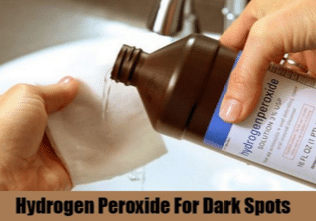
how does hydrigen peroxide lighten skin
Hydrogen peroxide has a long standing reputation that is contained in its bleaching abilities. It is very acidic and performs its functions by exfoliating the top layer of skin, thus allowing newer lighter skin to emerge
Hydrogen Peroxide for Skin Whitening Side Effects
After all hydrogen peroxide is a bleaching agent that helps in lightening of the skin tone. But are you aware that it has quite a lot of side effects too.
- An overuse of hydrogen peroxide can lead to damage of the DNA cells, and preventing them from replication hence leading to premature aging.
- The overuse of hydrogen peroxide can make your skin to dry out or rather reduces the the moisture content in skin, which is relevant to keeping the skin to appear young and supple.
- Hydrogen peroxide is also important in treating acne. No doubt it is an excellent disinfectant, but the excess application of the same can lead to skin irritation and thus leaving the skin dehydrated and dull.
- Recent research indicates that hydrogen peroxide is used as an antiseptic to treatment of wounds, actually obstructing the scar less healing, as it destroys the newly formed important cells.
- Vitiligo disease is marked by the loss of dark skin pigment that affects a lot of people. Studies indicate that it is due to the increased levels of hydrogen peroxide in the blood and epidermis.
- Hydrogen peroxide is able to bleach the hair on the skin. Unlike sunlight and lemon juice that work with UV light in bleaching the hair, hydrogen peroxide is an oxidizing bleach. It breaks down the chemical bonds of the color-causing molecules in the hair, known as the chromophores. When the chemical bonds are broken, the molecules no longer have color.
- Hydrogen peroxide can lead to allergic reactions. For instance, commercial hair-dye products typically contain a nonoxidized 4-paraphenylenediamine based colorless dye, and an oxidizer, which is typically hydrogen peroxide. When PPD reacts with hydrogen peroxide, it converts partly oxidized and colored. This form of hydrogen peroxide may cause a serious allergic reaction. Typical symptoms that result include skin inflammation and a burning sensation.
- In recent studies, hydrogen peroxide was indicated to destroy skin cells in a process known as oxidative stress. Oxidative stress is contained in a lot of human diseases like the heart disease and also during the aging process. When hydrogen peroxide was placed on skin cells in said experiments, an oxidative stress protein was activated, showing that hydrogen peroxide caused stress to the cells.
On teeth
Hydrogen peroxide is sometimes used as a teeth whitening agent for a long period of time. It is very effective in teeth whitening. But, there have been side effects that comes with it, if used improperly or in odd concentration, it can lead to the following;
- It can cause serious irritation in gums and teeth, since hydrogen peroxide is a highly reactive compound. Tooth sensitivity and gum pain are also resulted due to the overuse of this reactive compound hydrogen peroxide. Overuse of hydrogen peroxide can cause discoloration of teeth enamel and make it change color to brownish-yellow.
- Hydrogen peroxide being highly reactive, can easily pass through the tooth’s enamel and react with the dentin as well as the pulp part of your tooth. The tissues inside the mouth are affected and become sensitive as a result of hydrogen peroxide overuse.
- Porous dental work that has been done, like the cementing or dental amalgams, are able to be destroyed with the overuse of hydrogen peroxide.
Throat soreness is another common side effect that is caused by hydrogen peroxide, especially if swallowed by mistake while gargling the hydrogen peroxide in mouth. - Excess use of hydrogen peroxide as a teeth whitening agent can make your teeth sensitive to hot and cold substances. Prolonged use of this highly reactive compound can cause your teeth to become brittle and result in discoloration.

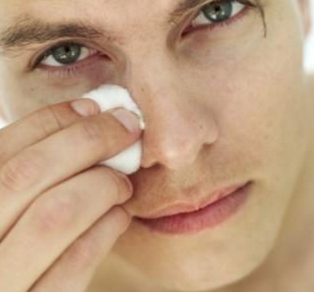


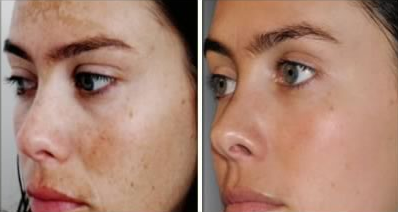
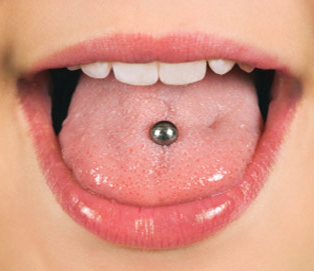
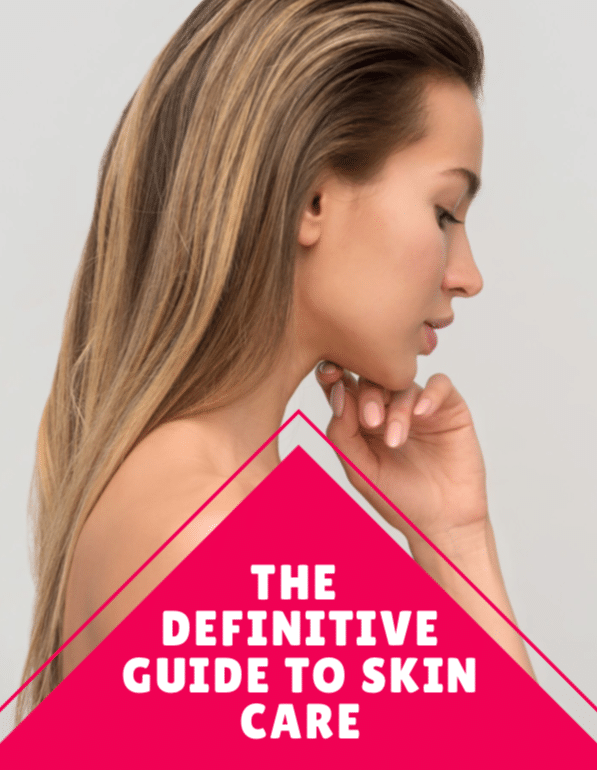
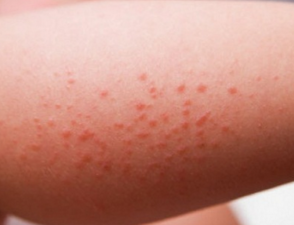
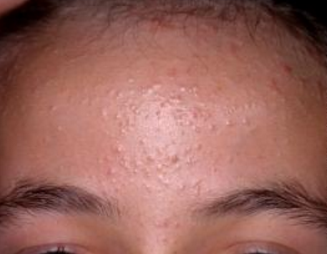
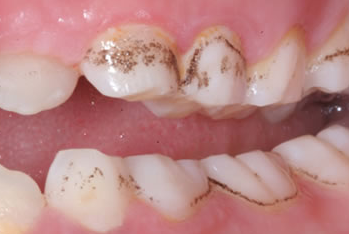
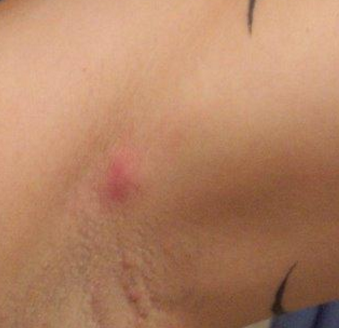
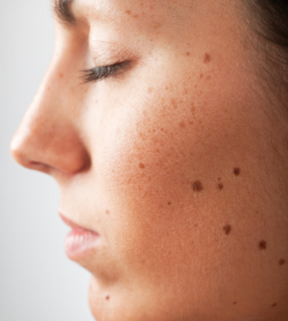
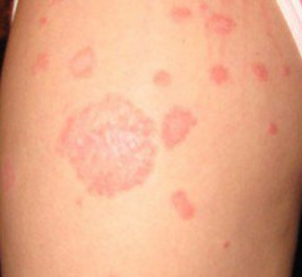
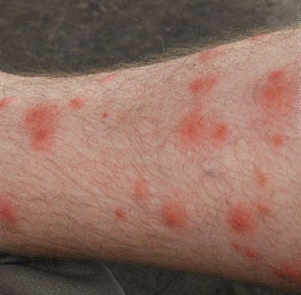
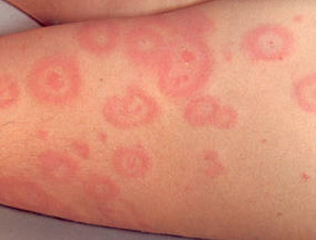
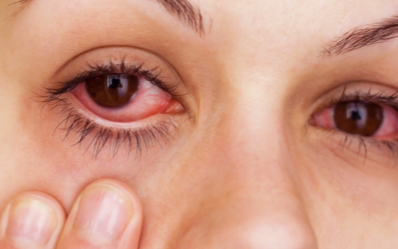
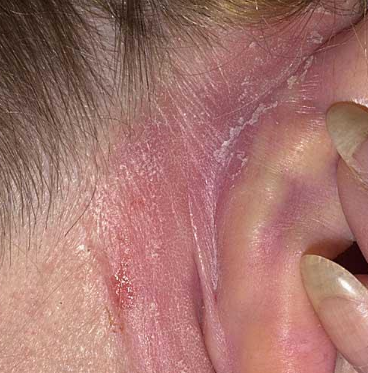
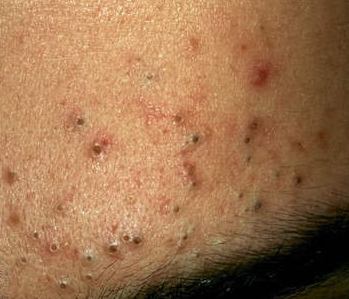
Esay
February 10, 2017 at 1:02 pm
I have a tan skin now, because of riding a motorcycle everyday? Can i use hydrogeb peroxide, everyday? And it is effective if i use baking soda with it??